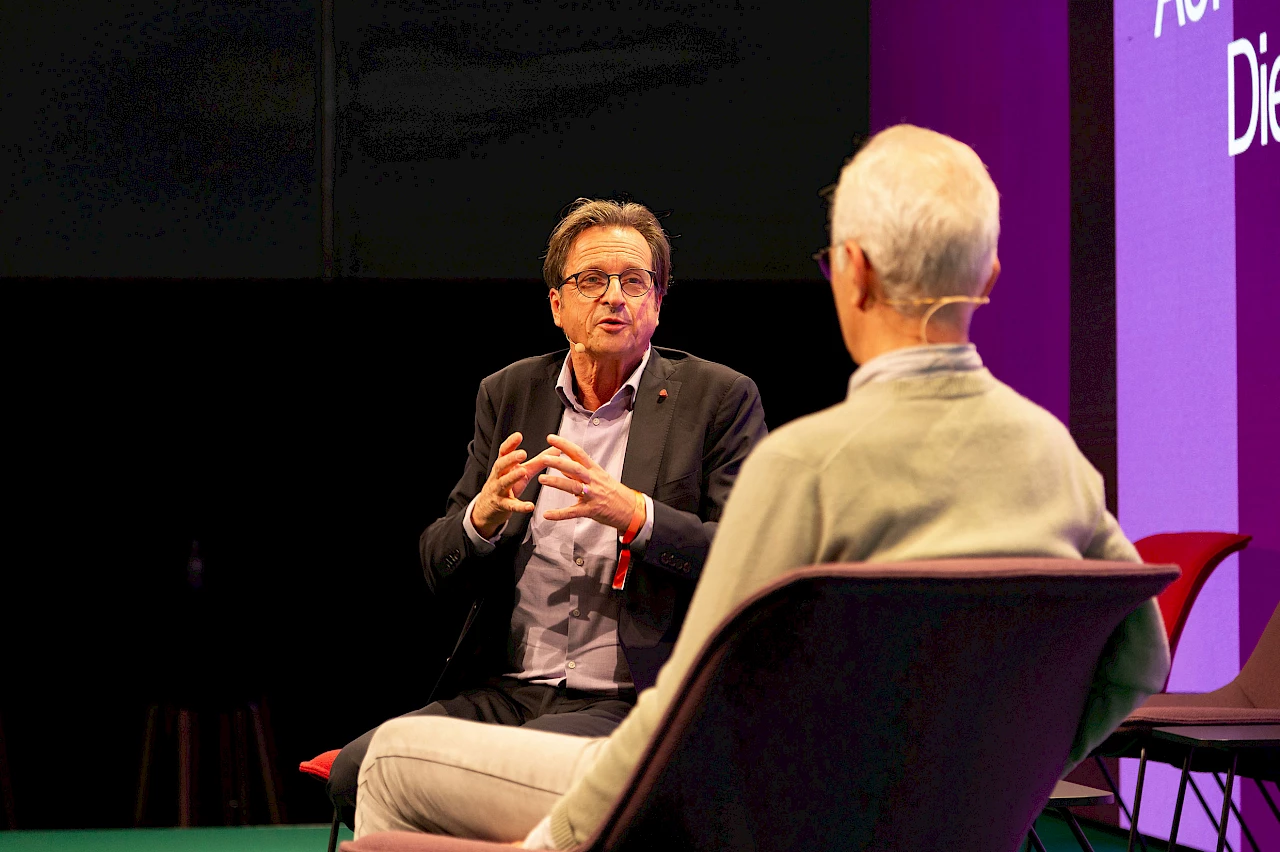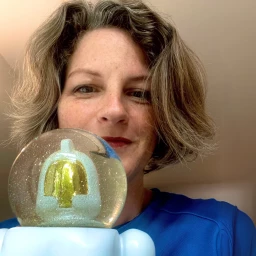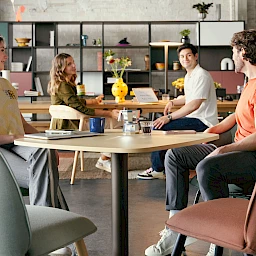Crises, conflicts and climate change: many people find current events confusing, unsettling and stressful. In an interview with Michael Trautmann at the Work Culture Festival 2025, the depth psychologist and founder of the rheingold Institute Stephan Grünewald, analysed how this “troubled society” is changing our work culture and what responsibility companies have in this regard.
Withdrawal into the private sphere and its consequences
Grünewald describes a phenomenon that he has observed in numerous in-depth interviews: People are increasingly withdrawing from the public sphere. They experience the global crisis situation as a permanent threat, as “zombie crises” that do not disappear but keep coming back. The result is a kind of “repression curtain”—a psychological protective mechanism that causes people to withdraw into their own private world. This dynamic also impacts the world of work. The longing for security and control has led many to appreciate the home office as a place of retreat. In this context, Grünewald even speaks of “in-house Biedermeier”. It is an escape into the familiar, in which people act efficiently but lose ties and identification in the long run.
Long home office: loss of form, friction and resonance
While working from home was associated with new freedom and self-efficacy at the beginning of the pandemic, Grünewald’s research shows that it can also have negative effects in the long run. He refers to it as “long home office”. People who permanently work from home lose the contours of their working day. The boundaries become increasingly indistinct. Work no longer has a clear beginning or end, social resonance is missing and sensibility and friction are lost. This is clearly expressed in the metaphorically pointed description: If you sit in a bath at body temperature for too long, you lose your sense of self. It’s an image that aptly describes the feeling of many people working from home. The result is a creeping alienation from companies, teams and ultimately from oneself.
From pride in work to pride in exhaustion
A key topic in the talk was the question of what binds people to their work today. Grünewald identified six cohesion factors: team spirit, pride in work, flexibility, appreciation, personal development and a shared mission. It is particularly noticeable that pride in work—the feeling of having achieved something and made progress—is increasingly being replaced by pride in exhaustion. It’s not the result that counts, but how exhausted you feel in the evening. Grünewald warns that if people only experience recognition through overwork, the path to a burn-out culture is inevitable. According to his thesis, loyalty is not created through self-exploitation, but through responsibility, creative opportunities and genuine effectiveness.
Offices must become more attractive again
The way back to the office will not succeed through compulsory attendance or insistent appeals. Many experts now agree on this. Stephan Grünewald emphasises that “We need operational magnetism.” This refers to a new, positive attraction of the company location that goes beyond the mere fulfilment of an obligation to work. After all, anyone who has set themselves up well in their home office with their own coffee machine, short distances and flexible time management will only be happy to return if the office offers more than just a screen and a desk. Grünewald is therefore calling for a deliberate redesign of the working environment. The office of the future must be a place that enables emotional ties and sensory experiences and responds to different working methods and needs. Only when the rooms can compete with the security and individuality of private environments will people desire to come in again. Specifically, Grünewald identifies four key types of space that can have such a magnetic effect:
1. Spaces for concentrated working: these offer refuge, peace and structure. Such places are important in offices, especially for people who do not have an optimal working environment at home—for example due to noise, lack of equipment or family distractions. They create confidence in the company’s performance and give employees the feeling that they are in good hands and can work productively.
2. Spaces for collaborative working: these are about encounters, exchanges and team processes. In times of hybrid working models, it is crucial to create specific places where teams can work together on solutions, away from rigid conference tables. Flexible, dialogue-friendly environments not only promote efficiency, but also a sense of belonging and team spirit.
3. Creative spaces: these inspire with their unusual design, open structures and scope. Here, things can also be a little quirky, because creativity often arises where the environment breaks away from the familiar. Colours, materials, lighting and furnishings should create specific influences. If you want to develop ideas together, you need an environment that supports curiosity and changing perspective.
4. Party rooms: Social bonding requires more than meetings. Shared experiences are what forge colleagues into a team. That’s why you also have to create places where community can be celebrated, successes shared and relationships cultivated. Whether for small, spontaneous sessions or planned events, such spaces foster an emotional sense of belonging that is often lost when working remotely.
Grünewald’s main message is: Only if the office is understood and designed as a place with meaning, structure and social quality can it regain relevance in people’s working reality. The “operational magnetism” is not created through control, but through inviting spaces, visible appreciation and meaningful work that can be jointly experienced. This transforms offices from places where duties are carried out into resonating spaces for identification and commitment.
Companies are in demand as emotional homes
Grünewald’s plea is clear: Today, companies have to be more than just employers. They need an emotional, social and creative quality. They need to be a place where people not only work, but also feel connected. In a disorientated society that is losing its way as it retreats, companies can become new centres for creating meaning and community. However, the prerequisite is that management recognises this change and actively shapes it. Besides, the transformation to a magnetic organisation does not begin with a spatial concept, but with an attitude. Companies that make bold design decisions today can offer more than just work tomorrow, namely a sense of belonging, orientation and meaning.






